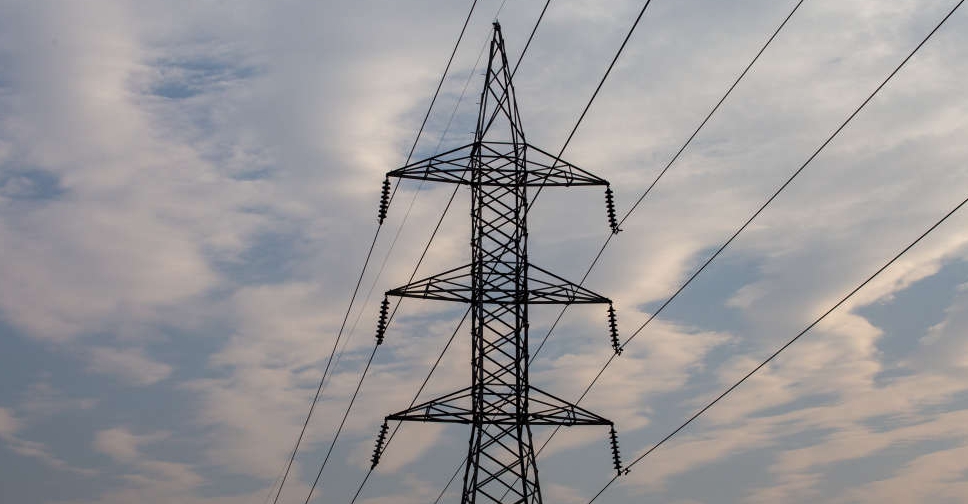
Tens of millions of people in Pakistan were left without electricity on Monday, the power ministry said, reporting a second "major breakdown" of the national grid during the last three months.
Factories, hospitals and schools across the country were without power for hours after a voltage fluctuation in the grid occurred between the cities of Jamshoro and Dadu in southern Sindh province, power minister Khurrum Dastagir said.
"There was a fluctuation in voltage and the systems were shut down one by one. This is not a major crisis," Dastagir told Geo TV news channel.
Outages were reported in the southern port city of Karachi, the capital Islamabad, the eastern city of Lahore and Peshawar in the north.
The sorry state of Pakistan's power sector is emblematic of an economy that has lurched from one International Monetary Fund bail-out to the next, with electricity outages occurring frequently due lack funds to upgrade aging infrastructure.
When the grid broke down in October it took several hours before power was restored.
In Peshawar, a city of more than 2.3 million people, some residents said they were unable to get drinking water because the pumps were powered by electricity.
Mohammad Asim, a spokesman for the city's Lady Reading Hospital, the largest in Khyber Pakhtunkhwa province, said backup generators were used to provide uninterrupted electricity for the emergency ward, intensive care units, and laboratories.
The power ministry issued a statement saying that work was ongoing to revive the system, and the minister said that electricity had been restored in some parts of the country.
Pakistan has enough power installed capacity to meet the demand, especially in winter, when it mostly has a surplus.
But the country lacks resources to run its oil and gas-powered plants and the sector is so heavily in debt that it cannot afford to invest in infrastructure and power lines.
"Generators are too far from the load centres and transmission lines are too long and insufficient," a top power official who did not want to be quoted because he was not authorised to speak to the media, told Reuters.




 Ukraine aims to 'align' with US on minerals deal in upcoming talks
Ukraine aims to 'align' with US on minerals deal in upcoming talks
 Second child dies in Texas measles outbreak
Second child dies in Texas measles outbreak
 Le Pen evokes spirit of Martin Luther King Jr. as supporters rally in Paris
Le Pen evokes spirit of Martin Luther King Jr. as supporters rally in Paris
 Israeli military changes initial account of Gaza aid worker killings
Israeli military changes initial account of Gaza aid worker killings



